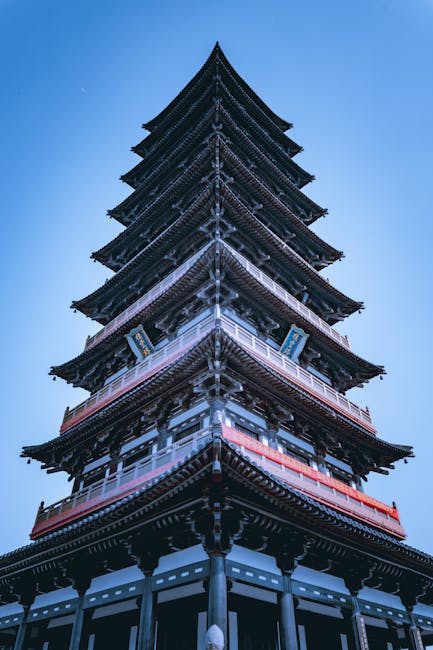


 Taiwan
Taiwan
Taiwan, Province of China is an exciting and vibrant travel destination. With its stunning natural beauty, rich culture, and friendly people, Taiwan offers something for everyone. From the bustling cities of Taipei and Kaohsiung to the tranquil mountain villages of Alishan and Sun Moon Lake, Taiwan has a variety of attractions to explore. The country is home to some of the world’s most beautiful beaches, including Kenting National Park and Green Island. There are also plenty of opportunities for outdoor activities such as hiking, biking, and camping. For those looking for a more cultural experience, Taiwan has a wealth of temples, museums, and historical sites to explore. Taiwan is also known for its delicious cuisine. From traditional dishes like beef noodle soup to modern fusion restaurants, there’s something for every taste. And with its vibrant nightlife scene, Taiwan is sure to keep you entertained long after the sun goes down. Whether you’re looking for an adventure or a relaxing getaway, Taiwan is sure to have something for you. With its stunning scenery and friendly locals, it’s no wonder why so many people choose Taiwan as their travel destination.
Activities: Surfing, Stand-up paddle boarding, Canoeing, Rafting, Snorkeling, Skiing, Mountain biking, Hiking, Camping, Rock climbing, Safari
Landscapes: Islands, Beaches, Forests, Woodlands, Mountains, Rivers, Lakes
Topics: Cities, Nature, Food, Art, Music, History, Festivals
Is Taiwan expensive?
Taiwan currency
$New Taiwan dollar (TWD)
Weather in Taiwan
Taiwan has a subtropical climate, with hot and humid summers and mild winters. The average temperature in summer is around 28°C (82°F), while in winter it is around 16°C (61°F). Rainfall is abundant throughout the year, with the heaviest rainfall occurring during the summer months. The best time to visit Taiwan is from October to April, when temperatures are cooler and rainfall is less frequent.
Traveling Taiwan
Train
Taiwan has an extensive railway network that connects major cities and towns throughout the country. The Taiwan High Speed Rail (THSR) is the fastest way to travel between cities, with trains reaching speeds of up to 300 km/h.
Bus
Buses are a popular and affordable way to get around Taiwan. There are both local and intercity buses available, with routes covering most of the country.
Taxi
Taxis are widely available in Taiwan, although they can be expensive. Most taxis accept cash or credit cards, and some even offer discounts for tourists.
Rental Car
Renting a car is a great way to explore Taiwan at your own pace. There are many rental car companies located throughout the country, offering competitive rates.
Car rental
Is Taiwan safe?
Crime
The crime rate in Taiwan, Province of China is relatively low compared to other countries. The most common crimes are theft, pickpocketing, and fraud. Violent crimes such as murder and assault are rare. Drug-related offenses are also uncommon. The Taiwanese government has strict laws against drug trafficking and possession, and punishments can be severe.
Travel advisory
2.7/5Taiwan has a current risk level of 2.7 (out of 5). We advise: Use some caution when travelling Taiwan.Last updated: Thu Mar 23 2023
Health
Health Considerations
Taiwan is generally a safe and healthy place to travel. However, travelers should take precautions against mosquito-borne illnesses such as dengue fever and Japanese encephalitis. Vaccinations are recommended for travelers who plan to visit rural areas. It is also important to drink only bottled or boiled water and to practice good hygiene. Additionally, travelers should be aware of the risk of air pollution in some cities.
Medical Care
Medical care in Taiwan is generally of a high standard, but it can be expensive. Travelers should make sure they have adequate health insurance coverage before traveling.
Taiwan customs and etiquette
Be Respectful
When visiting Taiwan, it is important to be respectful of the local culture and customs. This includes dressing modestly, avoiding public displays of affection, and being mindful of your volume when speaking in public.
Greeting Etiquette
When greeting someone in Taiwan, it is customary to bow slightly with your hands together in front of you. Handshakes are also common, but should only be used if the other person initiates it.
Table Manners
When dining in Taiwan, it is important to remember that chopsticks are the primary utensil used. It is considered rude to point with chopsticks or to leave them sticking upright in a bowl of rice. It is also polite to wait for the oldest person at the table to begin eating before starting yourself.
TP
Copyright 2023